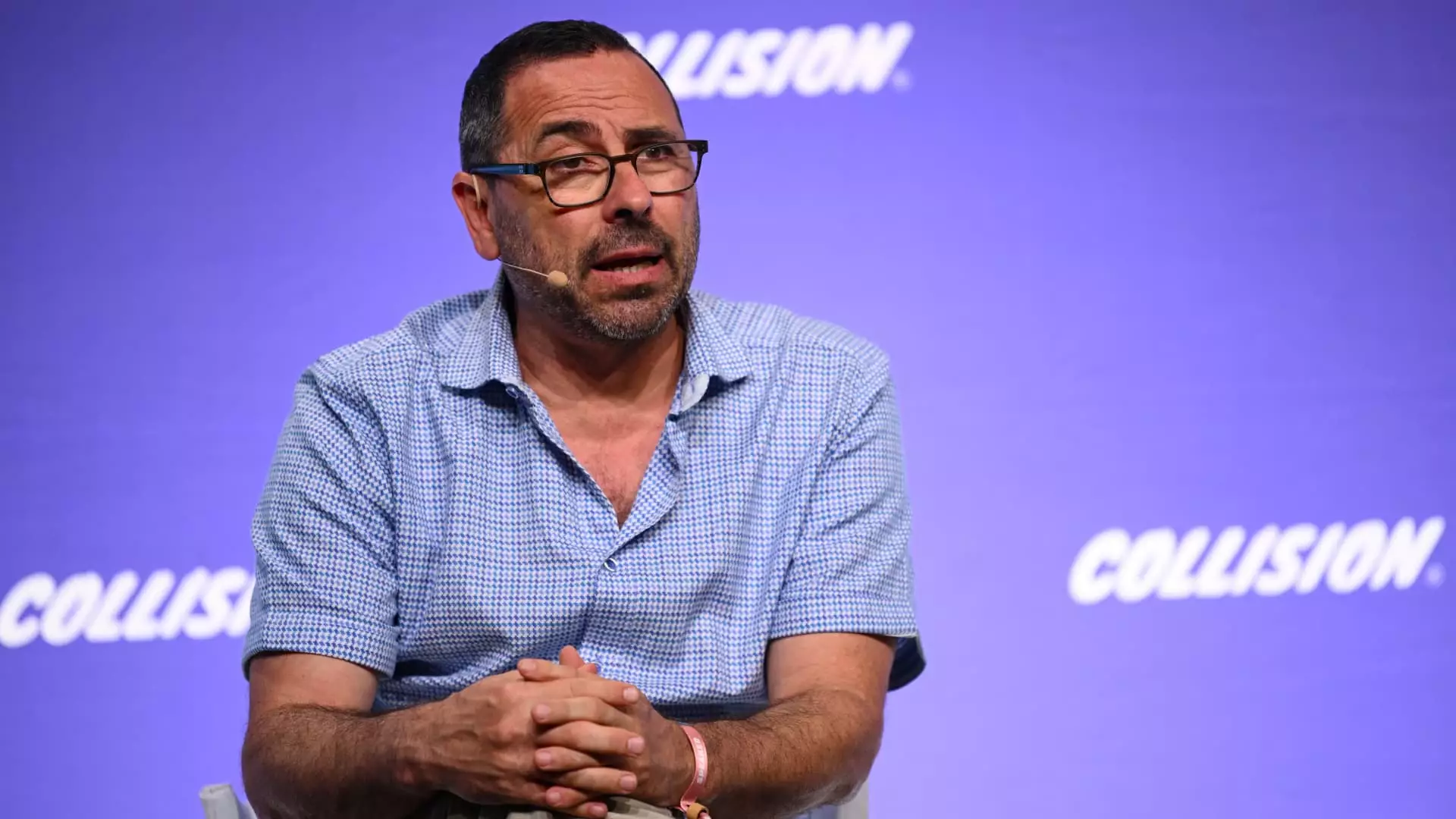Cerebras, a trailblazer in the field of AI chip development, has recently garnered attention by securing approval from the Committee on Foreign Investment in the United States (CFIUS) to sell shares to Group 42, a Microsoft-partnered AI firm based in the UAE. While this marks a crucial milestone in Cerebras’ journey toward IPO, it raises several concerns that reflect a complex landscape of international relations and trade regulations. As a center-right commentator, one can’t help but marvel at how this regulatory clearance serves as both a gateway and a potential minefield. It illustrates the delicate balance of fostering innovation while safeguarding national security—an aspect that remains contentious in the world of technology investments.
Revenue Dependency: A Risky Business Model
Delving deeper into Cerebras’ financial structure reveals a troubling reliance on Group 42, which accounted for a staggering 87% of the company’s revenue in the first half of 2024. Such dependency is formidable yet fraught with risks. If Group 42, despite being a respected entity, faces challenges—whether from market fluctuations or geopolitical tensions—the ramifications for Cerebras could be dire. This raises pertinent questions about Cerebras’ long-term viability as a standalone entity, particularly in a competitive landscape dominated by giants like Nvidia. Prudently speaking, diversification should be a fundamental strategy in any business model, yet Cerebras seems to have placed all its chips on one hand.
The Geopolitical Stakes
U.S. lawmakers have been rightfully cautious concerning Group 42’s ties to China, which have historically stirred anxiety around potential data security threats. A statement from former Congressman Mike Gallagher underscores this sentiment, revealing a fear that investments in AI technology could inadvertently strengthen adversaries. While it is commendable that Group 42 is reducing exposure to Chinese entities, the optics of its UAE base—often seen as a geopolitical nexus—remain troubling. The approval process underlines the lengths to which U.S. businesses must go to reassure both regulators and the public of their intent to operate in good faith.
Market Conditions: A Briskly Changing Landscape
The broader market landscape presents a tumultuous backdrop. Since 2021, the number of technology IPOs has dwindled dramatically, primarily due to soaring interest rates making investors skittish. Yet, Cerebras is part of a wave of firms that are attempting to navigate these treacherous waters. The initial public offering (IPO) itself remains nebulous and speculative, with no timelines announced, prompting skepticism about whether the company can successfully attract investors in such a cautious market. The mention of CoreWeave’s shares plummeting on their second day post-IPO serves as an ominous reminder: the path to public status is littered with the corpses of those who overestimated the market’s appetite.
Future Prospects: A Balancing Act
Cerebras has certainly sparked interest with its innovative technologies and strategic alliances. However, the balance between seizing immediate opportunities and safeguarding against potential pitfalls must be constantly monitored. As they contemplate the next step towards an IPO, one can only hope that Cerebras remains vigilant, proactive, and perhaps even a bit more guarded. The realm of AI is laden with opportunities, but it is equally wrought with challenges that require astute navigation if it wishes to emerge as a sustained player in the volatile tech environment.
Each of these factors presents a view into Cerebras’ precarious positioning within not just the tech industry, but the larger narrative of American innovation and global competition. While the stakes are high, the potential rewards could be transformative—if managed wisely.

